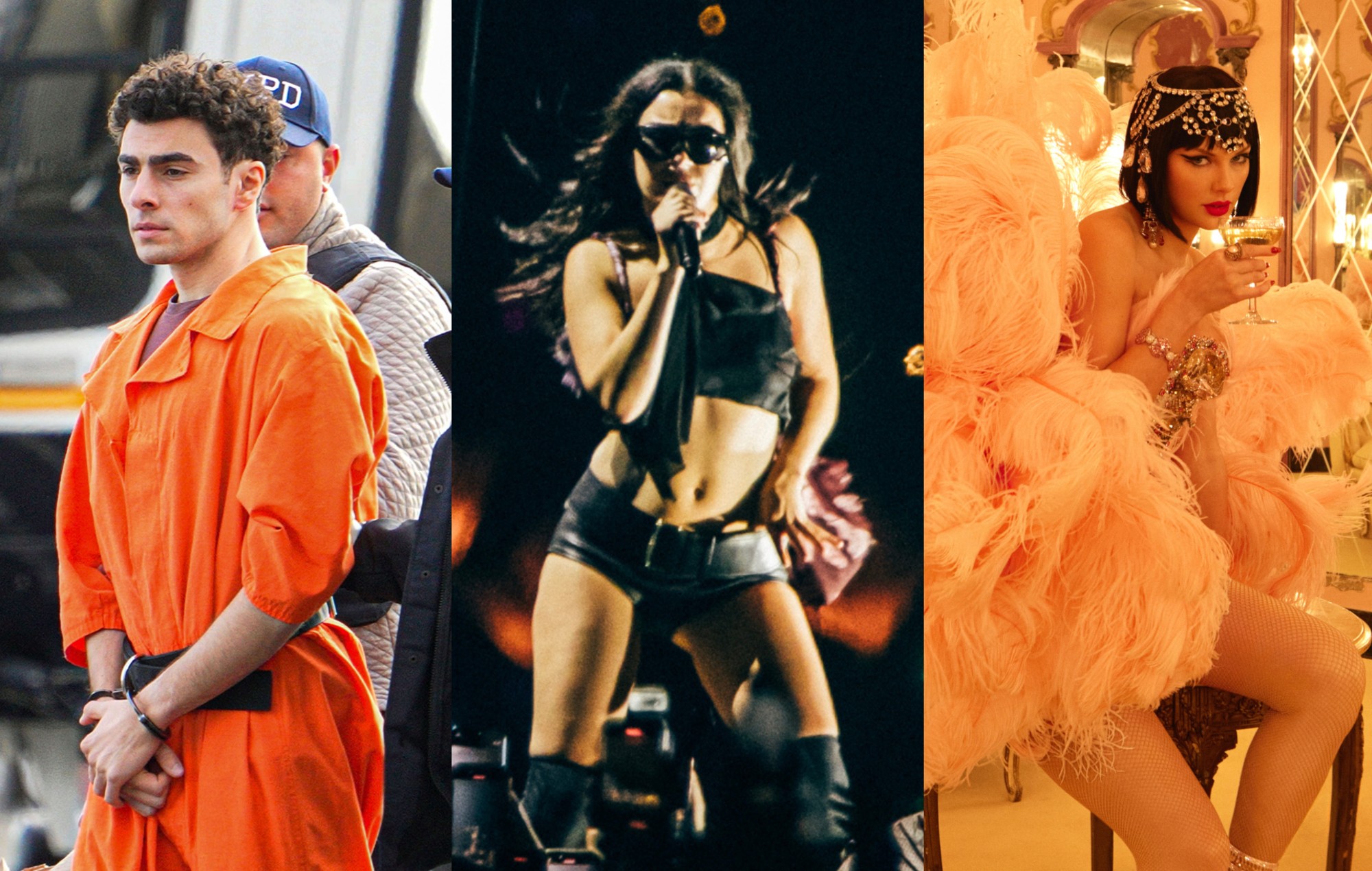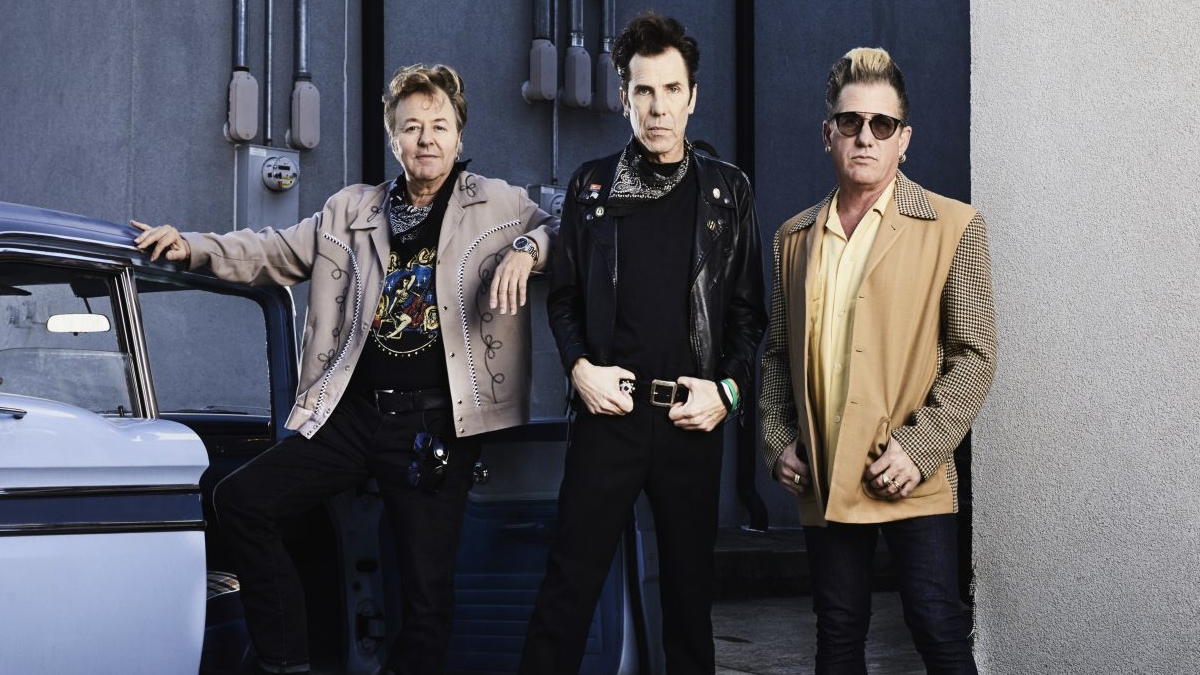Liam Hemsworth’s ‘The Witcher’ Is a Catastrophic Failure, Exposing the Futility of Replacing Beloved Icons in Today’s Franchise Culture
The fourth season of The Witcher has sparked fierce debate and criticism, particularly surrounding the performance of Liam Hemsworth, who has taken over the iconic role of Geralt of Rivia from Henry Cavill. Critics have not held back in their assessments, with many expressing disappointment not only in Hemsworth’s portrayal but also in the season’s overall plot and execution. The reviews have been polarizing, igniting discussions about the challenges of maintaining a franchise’s integrity when core characters and actors are replaced.
Released on October 30, all eight episodes are now available to stream on Netflix. The official synopsis sets the stage for a story filled with conflict and separation: “After the Continent-altering events of Season 3, Geralt, Yennefer, and Ciri find themselves separated by a raging war and countless enemies. As their paths diverge and their goals sharpen, they encounter unexpected allies eager to join their journeys. And if they can accept these found families, they just might have a chance at reuniting for good…”
Henry Cavill, who portrayed Geralt for the first three seasons, left the show under circumstances that remain contentious. The actor hinted at creative differences as a significant factor in his departure, raising questions about the direction in which the series was heading. Fans were understandably apprehensive about Hemsworth stepping into such a beloved role, and the critical response seems to validate these concerns.
In her two-star review for The Guardian, critic Sarah Dempster did not mince words, describing Hemsworth as “as charismatic as a bollard in a wig.” She highlighted the inconsistent tone of the show, which oscillates between the somberness reminiscent of Game of Thrones and the campy charm of early 90s fantasy series. Dempster’s critique underscores a broader concern among viewers: maintaining a consistent and engaging narrative is crucial for a fantasy epic, especially one that has already established a dedicated fanbase.
SoFilm’s Debopriyaa Dutta referred to the season as “The Epitome Of Squandered Potential.” This assessment reflects a growing frustration among critics regarding character development and plot decisions. Major characters were reportedly killed off prematurely, leading to a lack of narrative purpose and cohesion. This kind of storytelling choice can alienate audiences who have invested emotionally in character arcs and relationships, leaving them feeling betrayed by unexpected and seemingly arbitrary decisions.
Nicola Austin from Radio Times also echoed this sentiment, arguing that Cavill’s absence looms large over the new season, which struggles under the weight of uneven writing and a lack of charisma from its new lead. The review pointed out that without the strong presence of Cavill, the series feels devoid of its former magic. Critics noted that the production design and overall performances were questionable, leading to the conclusion that this flagship series for Netflix risks losing its standing in the competitive landscape of fantasy television.
Interestingly, not all reviews shared the same bleak outlook. GamesRadar+ lauded the fourth season as “the best yet,” claiming it was filled with humor, significant action, and a sense of real danger. Variety’s Aramide Tinubu echoed this positivity, suggesting that the season has “mostly reclaimed its magic.” This divergence in critical opinion highlights the subjective nature of entertainment and how varying expectations can shape audience responses.
As the series prepares for a fifth and final season, fans are left to ponder the future of The Witcher. The decision to continue with Hemsworth as Geralt raises questions about the longevity of the series and its ability to adapt without its original leading actor. The franchise’s history is filled with instances where recasting has led to both success and failure; each case often depends on how well the new actor can embody the character’s essence while also bringing something fresh to the role.
The Witcher’s narrative complexities and character dynamics have always been central to its appeal. Adaptations of beloved source material, whether it be from video games, books, or folklore, come with high expectations from dedicated fans. The challenge lies in balancing fidelity to the original while also making the content accessible to new audiences. Hemsworth’s casting was a gamble that, according to many critics, has not paid off in this instance.
Moreover, the cultural significance of The Witcher as a series cannot be understated. It has become part of a larger conversation about representation, storytelling, and the evolving landscape of fantasy narratives. The franchise’s ability to engage with deep themes such as family, loyalty, and the personal cost of war has resonated with viewers. A key aspect of its initial success was Cavill’s nuanced performance, which brought depth to Geralt’s character. The difficulty of replicating that depth with a new actor is evident in the critiques of the fourth season.
Fans are now confronted with a complicated emotional landscape as they process the transition from Cavill to Hemsworth. The affection for the original cast members often leads to a protective attitude towards the characters they portrayed. This sentiment can amplify backlash against new portrayals, making it essential for the creative team to find a way to bridge this gap and win back viewer loyalty.
In interviews, Hemsworth has expressed surprise at being cast in such a prominent role, stating, “It came out of nowhere. I was as surprised as anyone.” His enthusiasm for the character and the source material is evident, yet enthusiasm alone may not be sufficient to win over critics and fans alike. The stakes are high in a franchise driven by legacy and the expectations of its audience.
As the series embarks on the journey toward its final season, the creative team must address the criticisms levied against the fourth season. The success of the next installment will likely hinge on the feedback received, as well as the ability to deliver a cohesive and engaging narrative. The Witcher stands at a crossroads, with fans eagerly awaiting a resolution that honors both the original material and the spirit of the series. The outcome remains uncertain, yet the conversations around this beloved franchise will undoubtedly continue to spark debate and division among its audience.

The fourth season of The Witcher has received some extremely critical reviews, with writers unimpressed by Liam Hemsworth taking over the lead role of Geralt Of Rivia, as well as the plot.
- READ MORE: Why did Henry Cavill quit ‘The Witcher’?
All eight episodes arrived today (October 30) on Netflix. The official synopsis reads: “After the Continent-altering events of Season 3, Geralt, Yennefer, and Ciri find themselves separated by a raging war and countless enemies. As their paths diverge and their goals sharpen, they encounter unexpected allies eager to join their journeys. And if they can accept these found families, they just might have a chance at reuniting for good…”
The series has drawn controversy from fans following the departure of beloved lead Henry Cavill, who played Geralt for the first three seasons. The former Superman actor left the show in 2023, and hinted towards creative differences as the reason for his departure.
Fans were unsure that Hemsworth, known for the Hunger Games franchise, would be up to the task. It would appear that critics have confirmed those doubts, with several calling the new season a disappointment.
The Guardian’s two-star review saw critic Sarah Dempster describe Hemsworth as being “as charismatic as a bollard in a wig.” “The tone remains wildly uneven” she continues, “lurching as it does between steeple-fingered Game of Thrones-y glumness and those early-90s Saturday afternoon series in which an uncommunicative hunk wanders between small communities, rescuing imperilled innocents from baddies while learning about the true meaning of friendship.”
SoFilm’s Debopriyaa Dutta described the season as “The Epitome Of Squandered Potential”, writing: “The Witcher season 4 makes some inexcusable decisions in terms of character fates: major characters are killed off way too early and robbed of their narrative purpose, and integral character moments are transposed for no reason whatsoever.”
In a two-star review for Radio Times, Nicola Austin concludes: “As Cavill’s absence looms large over a story weighed down by uneven writing and tone – plus questionable performances and production design – it’s clear that Netflix’s flagship fantasy series has lost its magic. Unless season 5 pulls off a (monster) miracle, this might be one quest even Geralt can’t complete.”
There were positive assessments, with GamesRadar+ describing it the season as “the best yet” and “full of laughs, huge action, and real danger”; while Variety’s Aramide Tinubu describes it as “an upgrade” that “has mostly reclaimed it’s magic.”
The Witcher will return for a fifth and final season in the future, and all episodes of season four are currently available on Netflix.
Recently, Liam Hemsworth spoke about replacing Cavill in the show, saying “It came out of nowhere. I was as surprised as anyone.” He also discussed his love of the game and his predecessor.
The post Liam Hemsworth’s ‘The Witcher’ is getting slated by critics: “as charismatic as a bollard in a wig” appeared first on NME.



